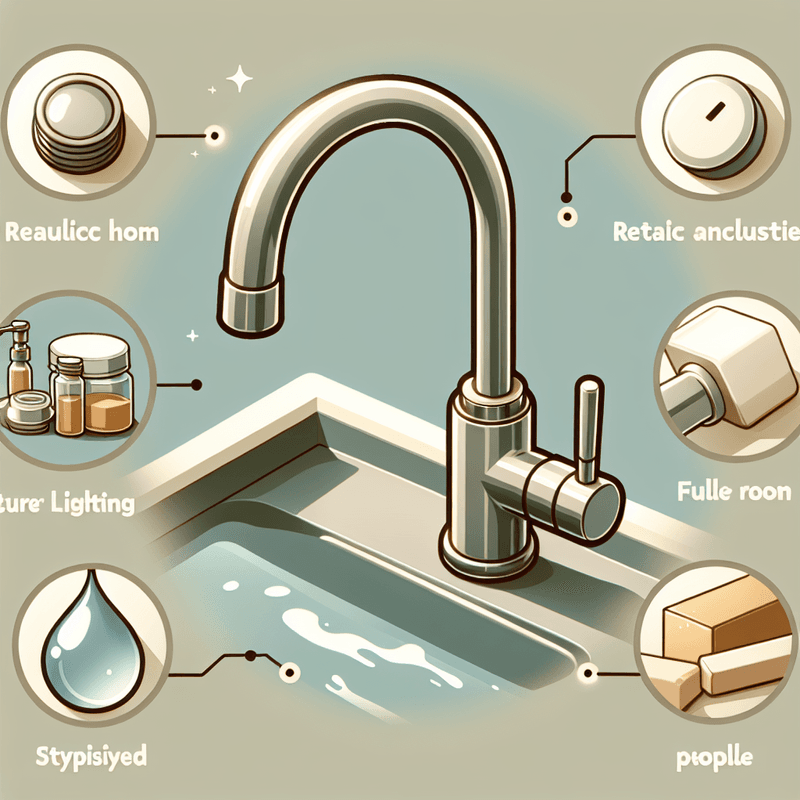When you hear that ominous hissing or see an unexplained puddle, it could well be a burst pipe - a situation that no one wants at any time, let alone in the middle of the night. Burst pipes are a common emergency that plumbers across the UK deal with regularly. Understanding why pipes burst, how to manage the situation, and importantly, how to prevent them, will save you not just sleepless nights but potentially costly repairs.
Understanding Burst Pipes: The Basics
A burst pipe occurs when a pipe in your plumbing system fails under pressure. This can be due to several reasons including freezing conditions, corrosion, excessive pressure, or improper installation. The immediate consequence is the uncontrolled release of water which can lead to extensive water damage, disruption of water supply, and in worst-case scenarios, structural damage to property.
Spotting the Signs Early
Early detection can mean the difference between an easy fix and a substantial plumbing emergency. Signs of a potential burst pipe include:
- Unusually high water bills
- Visible rust or water marks on pipes
- Drops in water pressure
- Strange noises like banging or whistling from within the plumbing system
- Damp patches on walls, floors, or ceilings
Immediate Steps to Take
When you confirm a burst pipe:
1. Shut Off the Water: This should always be your first action to mitigate further damage. Locate and turn off the main water supply to your property.
2. Drain the System: Turn on all cold taps to drain remaining water out of the system. Flush each toilet several times.
3. Turn Off Heating Systems: Switch off central heating, water heaters, and any other water-using appliances to prevent further damage.
4. Collect the Water: Use buckets, towels, or any absorbent material to manage leaking water.
5. Document for Insurance: Take pictures or videos of the damage for insurance purposes.
Temporary Fixes While You Wait for Help
In some cases, you’ll need a temporary fix to manage the situation until professional help arrives:
- Pipe Clamps: These can be used to seal small leaks temporarily.
- Epoxy Compounds: Specific to plumbing, these can seal small leaks if the pipe is dry.
- Rubber Pipe Connectors: For larger breaks, a rubber sleeve can be used to cover the area and clamped down.
Remember, these are not long-term solutions but can help minimise damage before a professional arrives.
Calling a Professional
While minor leaks might be manageable with DIY solutions, a burst pipe often requires a skilled hand:
- Locating the Burst: Sometimes the actual burst isn't visible if the pipe is behind a wall or underground.
- Professional Repair or Replacement: A seasoned plumber will assess whether a repair will suffice or if replacing sections of your piping is necessary.
Preventing Future Bursts
Prevention is better than the cure. Here are ways to reduce the risk of burst pipes:
- Regular Inspections: Have your plumbing inspected by a professional annually. They can spot potential issues before they escalate.
- Insulate Pipes: In colder areas, insulating pipes can prevent freezing, a common cause of bursting.
- Manage Water Pressure: Installing a pressure regulator can help maintain a safe pressure within your plumbing system.
- Replace Old Pipes: Corrosion and degradation are significant factors. Replace old metal pipes with more durable materials like PVC or PEX.
Upkeep and Maintenance
Ongoing maintenance is crucial:
- Check for Leaks: Small leaks can be indicators of potential bursts. Fixing these early can prevent a major burst.
- Avoid Chemical Drain Cleaners: These can erode your pipes over time. Opt for a plumber’s snake or enzymatic cleaners.
- Be Cautious of Freezing Temperatures: During cold snaps, keep your heating on at a low level to prevent pipes from freezing.
Conclusion
Dealing with a burst pipe can be distressful, but staying informed and prepared can mitigate the worst of its impact. Quick actions combined with preventative measures can keep your plumbing in healthy working order. The key takeaway would be to establish a regular plumbing maintenance routine, which can be your best defence against unexpected plumbing disasters. Early intervention by professionals can save you not just in terms of costs but also helps in maintaining the structural integrity and safety of your home. Remember, the right steps taken at the right time can keep your plumbing woes at bay.





